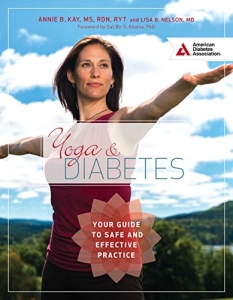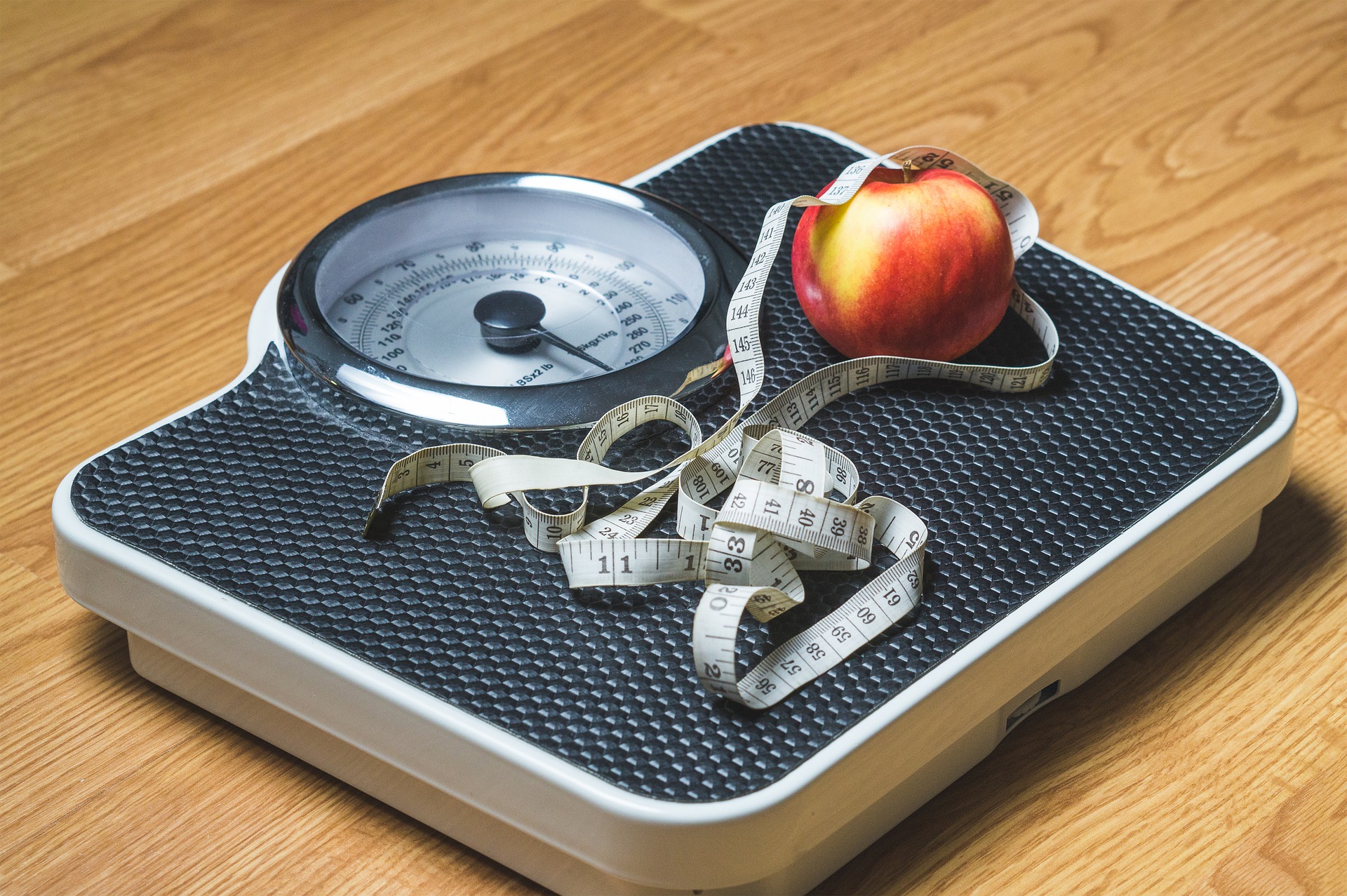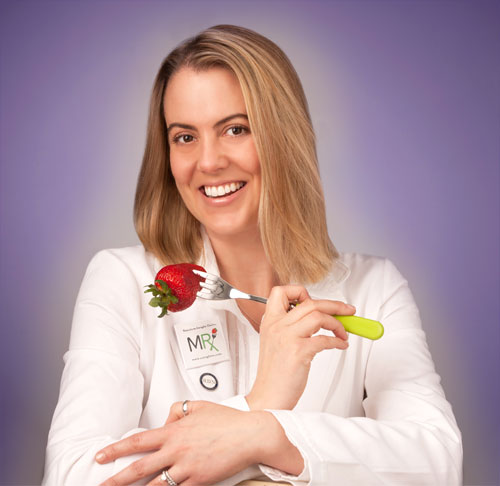As an integrative registered dietitian nutritionist (RDN), I think it is critical to be well-versed in three areas: the clinical/medical nutrition therapy aspect, practical culinary/cooking/shopping/preparation application, and the physical activity wellness/life balance component.
I have been practicing yoga for nearly a decade, and was an active yogi during my academic career in dietetics. When I became a RDN, I knew I wanted to be able to do more than just tell my clients about the benefits of mindfulness and the mind/body connection—I wanted to be able to show them… so, I became a certified Yoga teacher.
Yoga has become one of the various tools in my toolbox I use to help nourish my clients’ lives.
Yoga offers numerous benefits—physically, mentally and spiritually. With continuous practice, yoga can have a profound impact on your life, as it did for one of my clients, who once expressed to me in a message after a yoga class I taught, “I thank you so much for changing my life for the better.”
While benefits do come with time and patience, the great thing about yoga is that it can meet you where you are.
Yoga can be for everyone, at any age, stage of practice, or fitness level.
RDNs use evidenced-based research and practice while honoring individual needs and differences in shaping our professional recommendations (hence our opposition to fad diets, diet pills and other marketing gimmicks!). I use this evidence-based lens to ensure everything I am doing as a dynamic, multi-disciplinary professional has a strong base of support and is not just anecdotal.
The research surrounding yoga is catching up to what people have discovered and known for thousands of years in other parts of the world: Yoga is a phenomenal practice that can improve breathing, posture, stamina, flexibility, range of motion, stress management, strength, sleep, mood, pain tolerance and overall general health.
To quote a wonderful colleague, it is important to remember that:
“Just like medicine and dietetics, yoga is a continuous practice, not perfection.”
Yoga forces us to slow down and accept simply being, all while working on self-improvement and the connections between the mind, bod y, and spirit–and to each other.
y, and spirit–and to each other.
Namaste.
Learn more about yoga and pain management in my interview here and check out the newest book I reviewed, Yoga & Diabetes, published by the American Diabetes Association.
Related Articles
Energy and Excercise, Uncategorized



